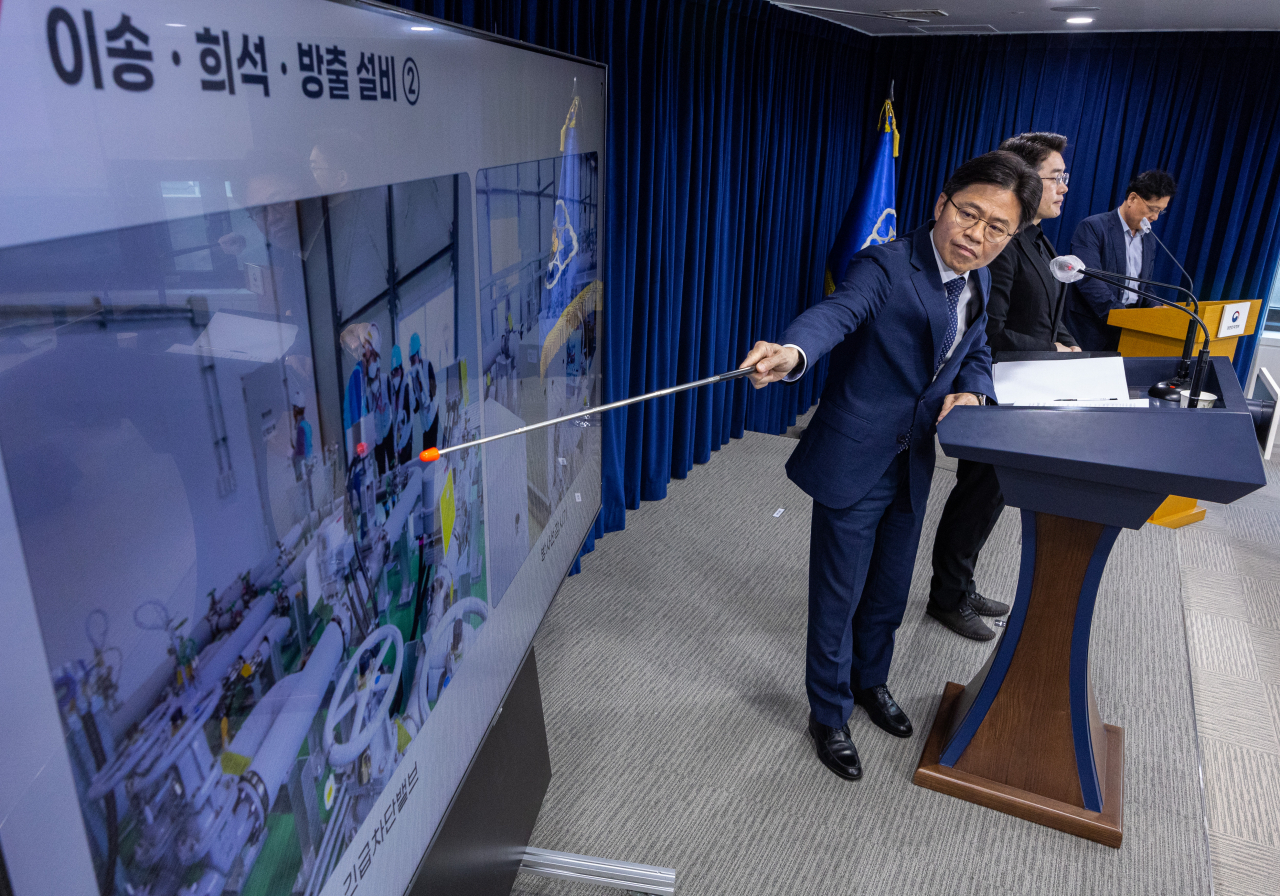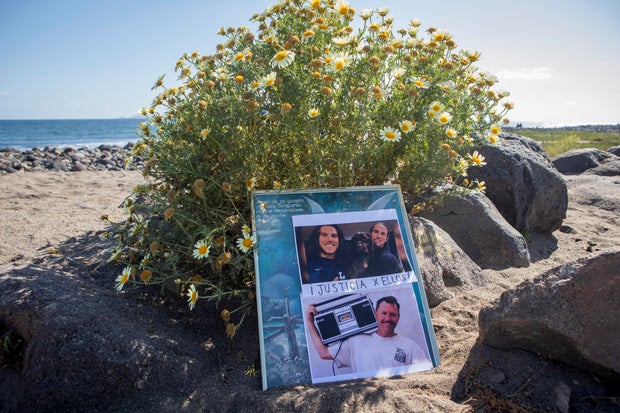您现在的位置是:半岛新闻网 > 资讯
Extreme charging temps enable 10
半岛新闻网2024-09-22 04:24:38【资讯】9人已围观
简介While Tesla’s latest superchargers can get its customers back on the road quicker than ever before,
While Tesla’s latest superchargers can get its customers back on the road quicker than ever before, we’re still a ways off a world where recharging an electric vehicle is akin to a quick fuel stop. Exciting progress is being made, however, with the latest promising advance coming from chemical engineers at Penn State University, who have built a new battery they say can fully charge an electric car in just 10 minutes.
Powering smartphones, laptops, cars and trucks, lithium-ion batteries are hugely versatile and largely reliable, but are delicate systems at the same time. As scientists make subtle tweaks to their design in pursuit of new and improved versions, this often creates other problems, like the formation of dendrites that can cause the battery to short circuit.
Another example relates to the ambient temperatures as the battery is charged. Too cold and the lithium ions will take the shape of spikes on the battery anode. This is known as lithium plating and causes the battery to degrade, potentially making it unsafe to use. Charging batteries at higher temperatures is more efficient, but that too can cause lead to battery degradation.
"Taking this battery to the extreme of 60° C (140° F) is forbidden in the battery arena," says Chao-Yang Wang, professor of chemical engineering and professor of materials science and engineering at Penn State. "It is too high and considered a danger to the materials and would shorten battery life drastically."
So, current lithium batteries have a certain temperature range to work within, but the Penn State researchers have been eyeing the potential of faster charging rates offered by higher temperatures, and appear to have come up with a solution.
Their new battery is designed to heat up to 60° C (140° F) for just 10 minutes, and then be quickly cooled to ambient temperatures. It does this through a thin nickel foil which attaches to the negative terminal at one end, while the other end extends beyond the battery to create a third terminal. Electrons then flow through the nickel foil to rapidly heat it up and warm the battery in just 30 seconds.
The team used a range of methods to cool the battery temperature, including fans, and found that when charged in the range of 49 to 60° C (120 to 140° F) and quickly cooled, no lithium plating occurred at all. This enabled them to repeat the fast-charging process across 1,700 cycles, while a control device heated to 20° C (68° F) only lasted for 60 cycles.
"We demonstrated that we can charge an electrical vehicle in 10 minutes for a 200- to 300-mile range (320- to 480-km),” says Wang. "And we can do this maintaining 2,500 charging cycles, or the equivalent of half a million miles of travel."
There is a lot of work to do before we see this tech in the real world, but the researchers do say it is perfectly scalable, as the battery cells are based on industrially available electrodes. But in anticipation of further advances, the team is setting its sights on even faster charging times.
"We are working to charge an energy-dense electric vehicle battery in five minutes without damaging it," says Wang. "This will require highly stable electrolytes and active materials in addition to the self-heating structure we have invented."
The research was published in the journal Joule.
Sources: Penn State University, Scimex
很赞哦!(45)
相关文章
- Best smartphone deal: Google Pixel 8a on sale for $449 at Amazon
- 生物多样化需要全社会努力!生态修复专家吴鹏举为绿美广东代言
- Guide to HEVC/H.265 Encoding and Playback
- Guide to HEVC/H.265 Encoding and Playback
- Apple finally sends out payments for MacBook's butterfly keyboard settlement
- Twitter reacts to the trailer for Timothée Chalamet's 'Wonka': Will Twonka deliver?
- LGBTQ centers across the country are deactivating their Twitter accounts
- Spurs' shambolic season puts Levy in the firing line
- SCOTUS: The courts implementing Project 2025, without Trump.
- North Korea invites guests to celebrations of party congress, possibly including military parade
热门文章
站长推荐

Echo Dot (5th gen) deal — get it for $29.99 at Amazon

Pornhub traffic took a hit with Apple Watch Ultra reveal at iPhone 14 event

Korean team delays conclusion on Fukushima wastewater safety

Apple announces iPhone 14 Pro and 14 Pro Max

Aricell CEO arrested in first case under industrial accidents law

3 surfers from Australia and the U.S. were killed in Mexico's Baja California. Here's what we know.

最好吃的金鲳鱼在湛江!百万博主打call,网友热议超1500万次!

Nancy Pelosi is right. The Jan. 6 attack needs a 9/11 Commission.